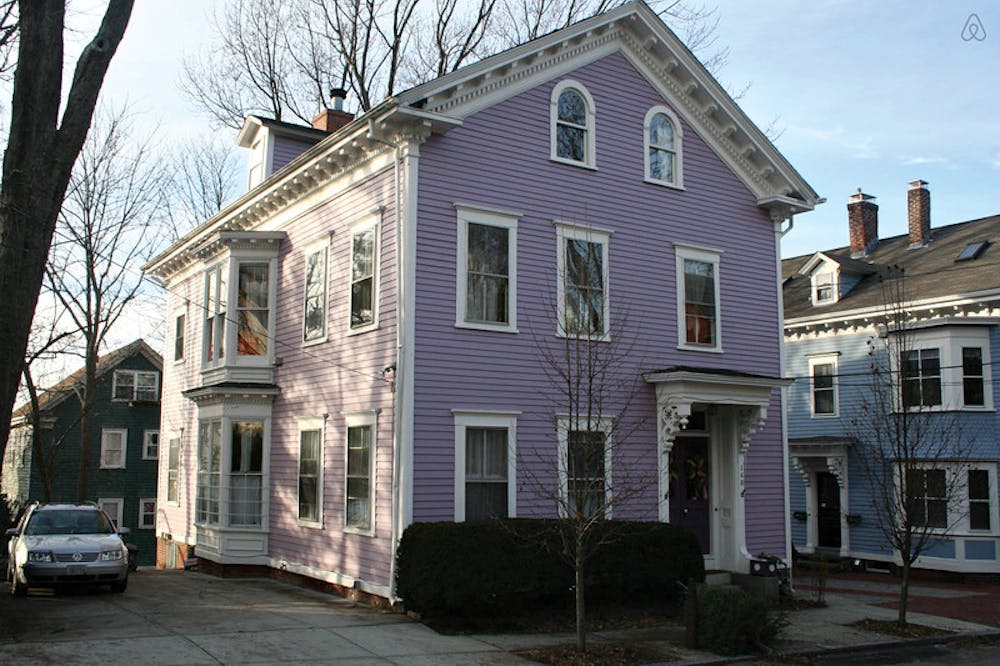Companies that provide alternative lodging for travelers — such as Airbnb, FlipKey and vacationrentals.com — have not traditionally paid lodging taxes but will face a 13 percent tax if Gov. Gina Raimondo’s budget proposal is passed.
Because sites like Airbnb are not travel accommodations themselves but rather platforms on which individuals can rent their properties, they sidestep taxes entirely, the Providence Journal reported.
The tax on Airbnb would consist of all the lodging taxes that hotels currently pay — a 7 percent sales tax, 5 percent hotel tax and 1 percent local hotel tax, wrote Melissa Czerwein, senior communication manager for the Rhode Island Commerce Corporation, in an email to The Herald.
Currently these taxes only apply to properties that rent out two or fewer rooms, Providence Business News reported.
The House Finance Committee held a hearing for the legislation — the so-called Airbnb tax — April 7.
Rep. Robert Jacquard, D-Cranston, and Rep. Teresa Tanzi, D-Narragansett and South Kingstown, both voiced their opposition to the proposed tax, the Journal reported.
“People in Rhode Island are not competing with hotels,” Jacquard said.
Tanzi expressed concerns — which were echoed by other committee members — that revenue from the tax would go to the state Commerce Corporation instead of local tourism boards.
The tax would be “very hard to administer … and difficult to patrol,” said Scott MacKay, political analyst for Rhode Island Public Radio, adding that companies like Airbnb are “a person-to-person thing.” The majority of people using Airbnb are not businesses but individuals who rent out their property infrequently, and there is no easy mechanism for those people to pay this tax, MacKay said.
Defenders of the bill argue that an increase in tax revenue could help pay for the state’s expanding tourism industry, the Journal reported.
But the revenue generated by the tax is “a miniscule amount of money,” MacKay said.
The state faces a $34.5 million deficit for the current fiscal year, according to the Associated Press, and the revenue from the tax could result in about $700,000 for the state, wrote Larry Berman, communications director for Speaker of the House Nicholas Mattiello, D-Cranston, in an email to The Herald.
The Senate Finance Committee will hold a hearing on the budget article Thursday.





